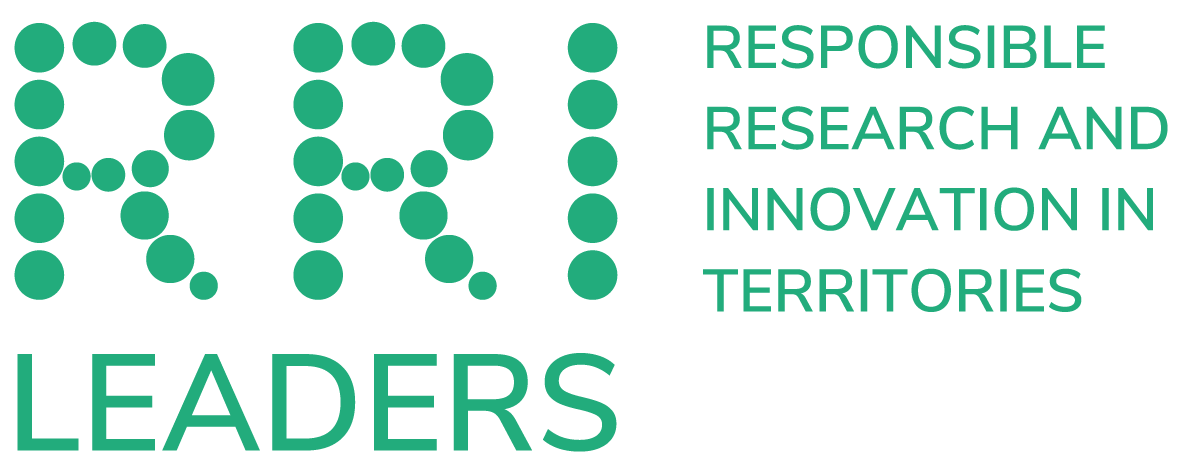The role of RRI in ethical governance of AI

The correspondence between Responsible Research and Innovation (RRI) and artificial intelligence (AI) is based on the integration of ethical and responsible elements in the development and application of AI in initiatives with high impact and added value for society.
Some of the key ethical elements at stake are:
- Transparency: It is necessary to ensure transparency in the development and operation of AI systems, allowing a clear understanding of how decisions are made. This implies avoiding “black boxes” and promoting openness in the algorithms used.
- Equity and fairness: AI can have inherent biases and amplify existing inequalities. To mitigate this risk, it is essential to design and train algorithms in an equitable and fair manner, avoiding discrimination and ensuring the inclusion of different groups.
- Privacy and data protection: The collection and use of personal data in AI can raise privacy concerns. To mitigate this risk, it is essential to put in place robust safeguards to protect privacy and ensure the informed consent of individuals.
- Responsibility and accountability: AI systems must be designed to be responsible and accountable for their actions. This implies establishing clear accountability mechanisms in the event of AI-generated errors, harms or poor decisions.
- Public participation and dialogue: It is essential to involve society in AI-related decision-making. Public participation and open dialogue allow a diversity of perspectives to be taken into account and ensure that societal values and needs are considered.
Let’s go further and really look at what are the potential benefits and weaknesses of joining artificial intelligence processes. Let’s take a look on pros and cons of a general AI implementation:
- Pros of applying AI in initiatives with high impact and added value for society
-
- Innovation and technological advancement: AI can drive innovation and technological advancement in various fields, providing more effective and efficient solutions to complex problems.
- Improved quality of life: The application of AI can lead to significant improvements in areas such as health, mobility, energy and safety, which has a positive impact on people’s quality of life.
- Automation and efficiency: AI can automate repetitive tasks and optimise processes, leading to greater efficiency and productivity in various industries.
- Cons of applying AI in high-impact, value-added initiatives for society:
-
- Job displacement: AI-driven automation may result in job losses in certain sectors, posing economic and social challenges.
- Bias and discrimination: If not handled properly, AI can perpetuate existing biases in data and algorithms, leading to discrimination and the amplification of social inequalities.
- Lack of understanding and control: The complexity of AI systems can make it difficult to fully understand how decisions are made, which can create challenges in terms of accountability and ability to control AI outcomes.
Therefore, it is not all good words and good deeds. However, the application of IA does not have to be disempowering and limiting. On the contrary, to mitigate these risks, the following measures can be taken:
- Ethical design and training of algorithms: Techniques should be employed to identify and address biases in the data and algorithms used in AI. This involves rigorous testing and validation of results to ensure fairness and avoid discrimination.
- Independent evaluation and auditing: It is important to conduct independent evaluations and audits of AI systems to identify potential biases and assess their impact on society. This helps to ensure transparency and accountability.
- Ethical data collection and management: Clear policies and practices should be established for ethical data collection and management, ensuring informed consent, privacy and protection of sensitive data.
- Education and training: Training AI practitioners and users on the ethical and responsible aspects of AI application is essential to encourage appropriate and ethical use of this technology.
- Inclusive participation and dialogue: Engage a wide range of actors, including experts, civil society and affected groups, in AI-related decision-making to ensure a diverse perspective and to consider the values and needs of society at large.
Wholeheartedly embracing the application of IA does not ensure a real return of value to society. Implementing measures that mitigate the potential risks can help minimise the negative impact associated with the application of AI. High-impact, value-added initiatives for society, have to ensure that they are carried out in an ethical, responsible and sustainable manner.
Let’s make the implementation of AI socially fair and leave no one behind.
